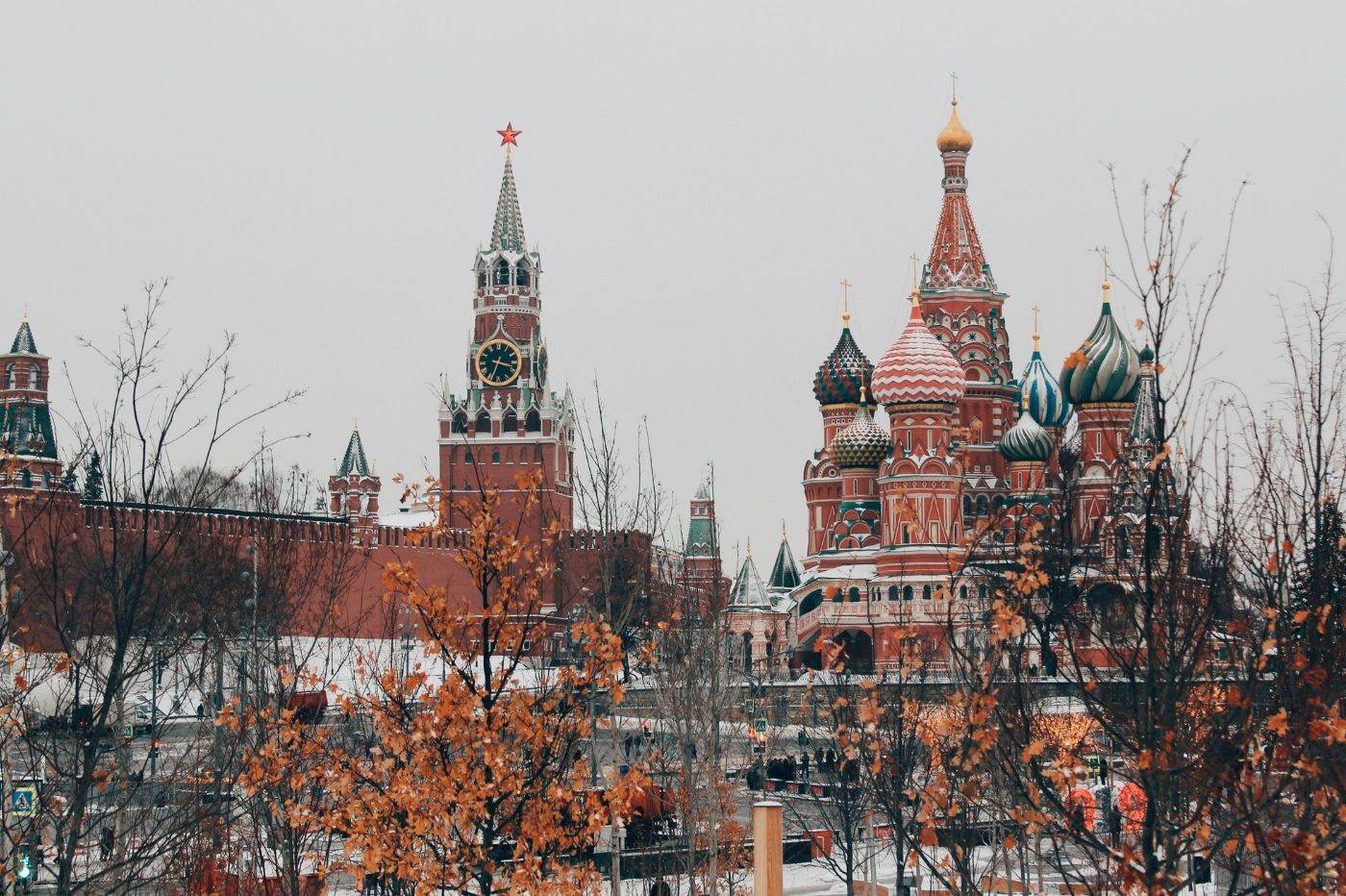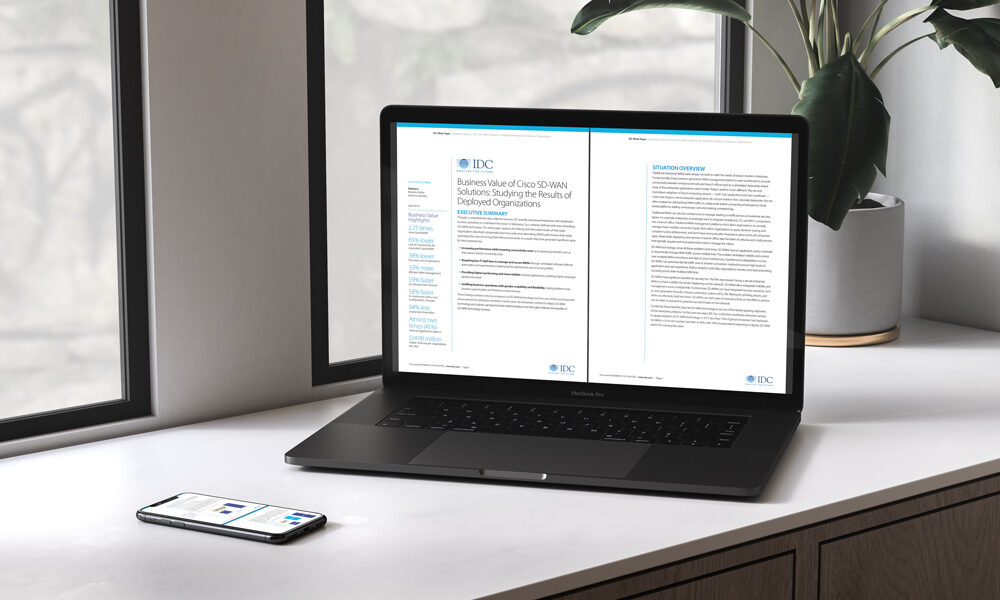
Almost $ 100 million. This is the amount that Google will have to pay in Russia after the decision of a court, which condemns the company for the failure to remove content banned in the country.
Russia is tightening the screw with GAFAM. On December 24, a court in the country sentenced Google to pay nearly 87 million euros in fines, or about 8% of its turnover in the country according to Reuters estimates. At issue: the inability of the firm to remove content banned in the country or deemed dangerous (2,600 contents according to the Russian communications watchdog Roskomnadzor).
This includes the promotion of drugs, dangerous hobbies, information on home-made weapons and explosives, and publications related to political groups the country designates as extremists or terrorists. Asked by The verge, the company indicates that it “Will study the court documents when they are available, to decide on the next steps”.
According to agency information, some of these publications are linked to the opposition to the regime led by Alexei Navalny. In January, the man since imprisoned, posted on YouTube a video of the “Putin’s palace” located on the shores of the Black Sea. This video on the luxury estate of the President of the Russian Federation, with questionable funding, is one of the videos banned in the country.
This is not the first time that Google has run into trouble with the law in the country. The company is also facing legal proceedings relating to the banning of a conservative Russian television channel, RT in German. According to the firm, the ban on this channel is linked to American and British sanctions against the owners.
Meta also in turmoil
Google is not the only company to fall under the wrath of the Kremlin. Meta, formerly Facebook, was also sanctioned for the same facts. She was fined 2 million rubles, or 23,992 euros. Mark Zuckerberg’s company has so far not responded to requests from Reuters and The verge On the question.
Does Russia want to disconnect its internet?
In March 2019, the law ‘Internet Sovereignty’‘was voted by Parliament. It gives the government the power to disconnect the Runet from the global network, for “Reasons of national security”. Officially, this will protect the country from cyber attacks. Opponents of the regime are nevertheless worried about this cut, which could allow the government to even more control the activities of Internet users in the country. This measure is also reminiscent of the strategy adopted in China, with its “Golden shield”.



